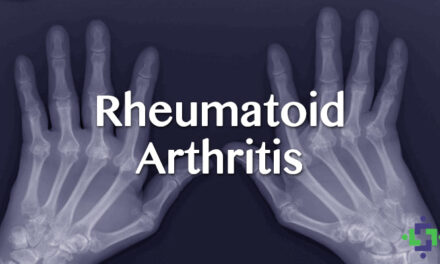Hashimoto’s Thyroiditis, also referred to as chronic lymphocytic thyroiditis, occurs when the immune system mistakenly targets the thyroid gland. This autoimmune response leads to thyroid inflammation and a gradual decrease in thyroid function over time. The thyroid gland, situated in the neck, is essential for producing hormones that regulate metabolism and other bodily functions.
Here are key points about Hashimoto’s Thyroiditis:
- Autoimmune Nature: This condition is autoimmune, meaning the immune system creates antibodies that attack the thyroid gland. The antibodies involved are anti-thyroid peroxidase (TPO) antibodies and anti-thyroglobulin antibodies.
- Thyroid Inflammation: The immune attack on the thyroid causes inflammation and the progressive destruction of thyroid cells. This can result in an enlarged thyroid, known as a goiter.
- Hypothyroidism: As the disease advances, it can cause hypothyroidism, where the thyroid fails to produce sufficient hormones. Symptoms include fatigue, weight gain, sensitivity to cold, dry skin, and hair loss.
- Onset and Prevalence: Hashimoto’s Thyroiditis is more prevalent in women than men and typically develops in middle age, though it can occur at any age. Genetics, environmental factors, and hormonal changes may all contribute to its onset.
- Symptoms: Early stages might not present noticeable symptoms. As the disease progresses, hypothyroidism symptoms such as fatigue, weight gain, depression, constipation, and muscle weakness may become evident.
- Diagnosis: Diagnosing involves blood tests to measure thyroid hormone levels (T3 and T4), thyroid-stimulating hormone (TSH), and specific antibodies (anti-TPO and anti-thyroglobulin). Ultrasound imaging may also be used to evaluate the thyroid’s size and structure.
- Treatment: The primary treatment is thyroid hormone replacement therapy. Levothyroxine, a synthetic form of the thyroid hormone thyroxine (T4), is commonly prescribed to supplement the hormone the damaged thyroid can no longer produce.
- Monitoring: Regular monitoring of thyroid hormone levels is crucial to ensure the medication maintains hormone balance. Dosage adjustments may be necessary over time.
- Complications: Untreated Hashimoto’s Thyroiditis can lead to complications such as goiter, heart problems, and, rarely, thyroid cancer. Effective management with medication and regular medical check-ups can help prevent these complications.
Individuals with Hashimoto’s Thyroiditis should work closely with healthcare professionals to manage their condition. Regular monitoring, adherence to treatment plans, and lifestyle modifications can help them lead healthy and productive lives.

